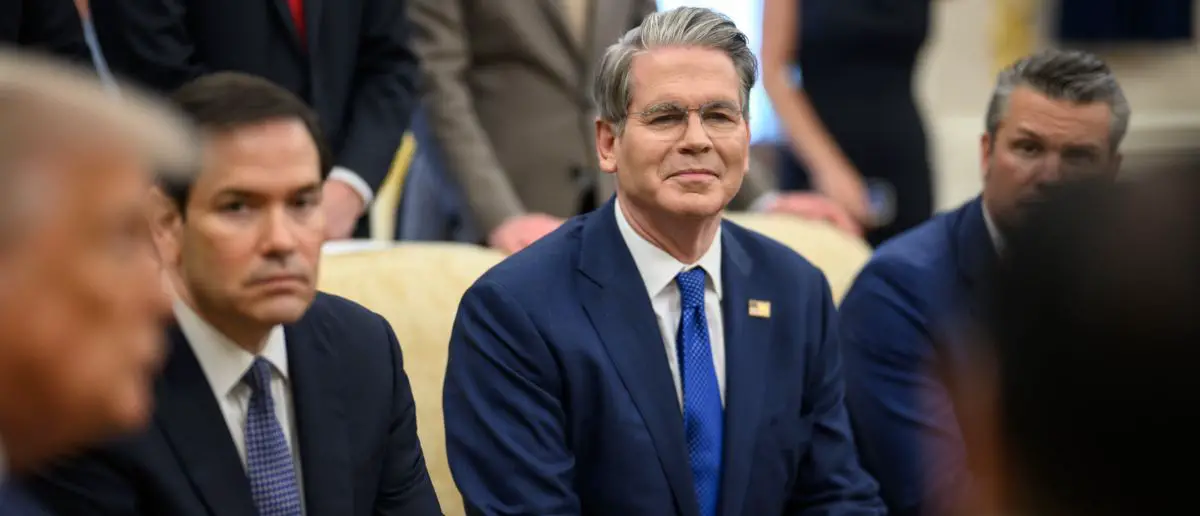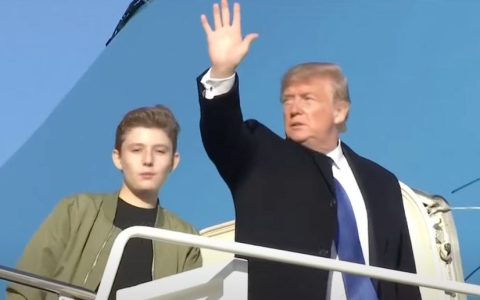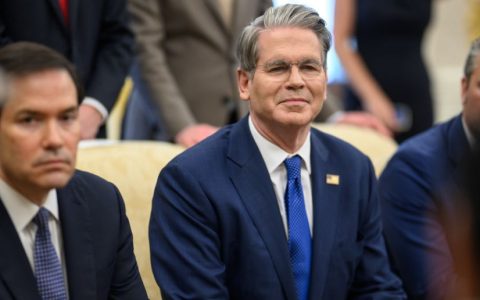
America is at a crossroads. And the next few years are going to determine what path we go down.
Now President Trump put the Supreme Court on notice with a demand they never saw coming.
Trump pushes Supreme Court to uphold copyright office firings
President Trump on October 27, urged the Supreme Court to green-light his high-profile dismissal of the register of copyrights, arguing a lower court’s injunction undermines his constitutional authority.
The move follows Trump’s May ousting of the librarian of Congress, replacement with an acting librarian, and subsequent firing of Shira Perlmutter, the register who reports to the librarian.
Perlmutter contends the acting librarian’s appointment was invalid, rendering her termination unlawful. The dispute, now before the justices, tests the limits of presidential power over federal agency leadership.
Executive authority at stake in Library of Congress clash
Solicitor General D. John Sauer defended Trump’s actions, asserting the Library of Congress functions as an executive agency despite its name, granting the president broad discretion to remove and appoint its leaders.
“As the D.C. Circuit and other courts have recognized in previous cases, the librarian and register are part of the Executive Branch,” Sauer said.
The register’s role, which includes processing copyright registrations, interpreting laws, issuing regulations, and engaging in international copyright negotiations, underscores its executive nature, Sauer argued.
The case echoes other Trump-era firings, with the Supreme Court generally allowing such moves to proceed during litigation, except in a notable Federal Reserve Board case now under review alongside a Federal Trade Commission dispute.
Perlmutter’s firing sparks debate over congressional independence
The legal battle intensified after a D.C. district judge backed Trump, only for the U.S. Circuit Court of Appeals for the District of Columbia to rule 2-1 in Perlmutter’s favor.
Judge Florence Pan, appointed by Biden, argued Perlmutter serves as an officer of Congress, not the executive, and suggested Trump’s decision may have stemmed from her artificial intelligence report—a motive that could infringe on Congress’s authority.
“If those facts are proven true, that would be a grave intrusion by the president into the constitutional powers of a coordinate branch of government,” Pan wrote.
As the Supreme Court weighs this latest challenge, it grapples with balancing presidential control against the independence of agencies like the Library of Congress, with implications for how America governs its intellectual property and beyond.





